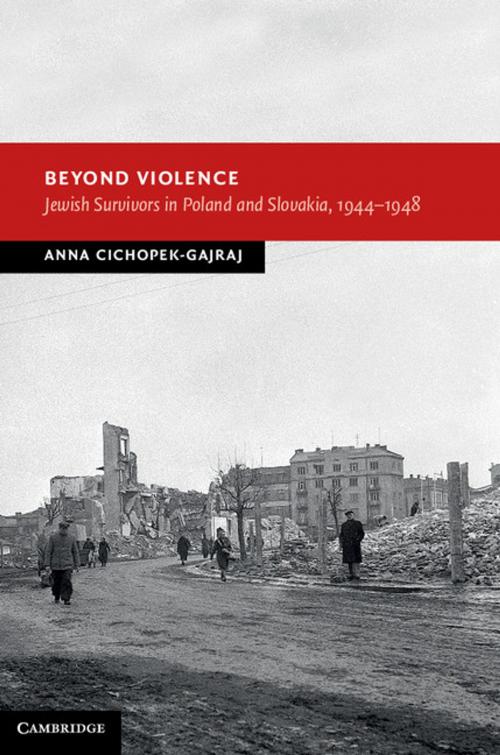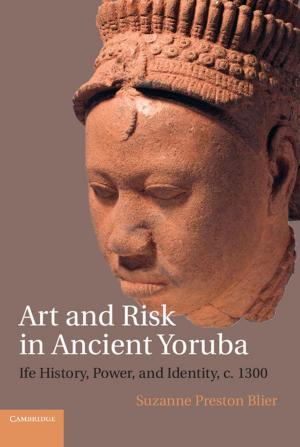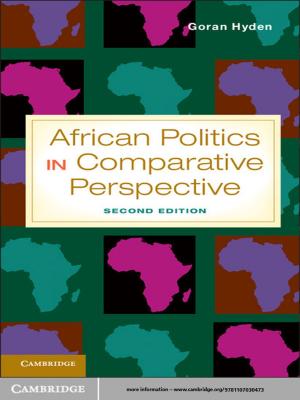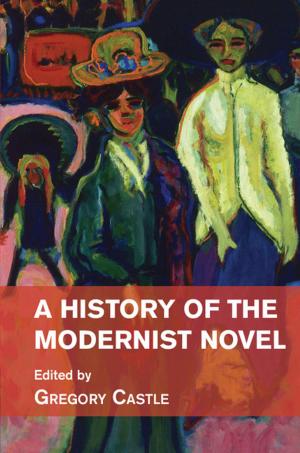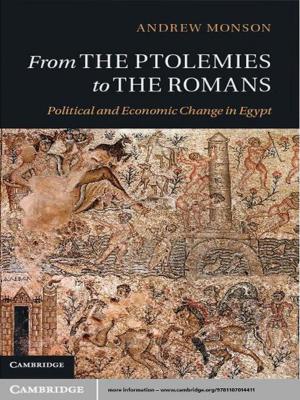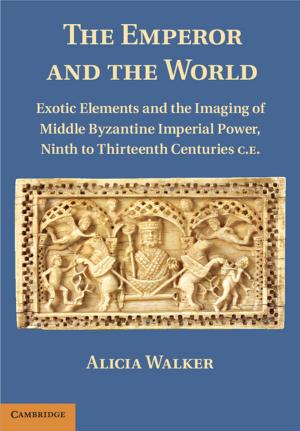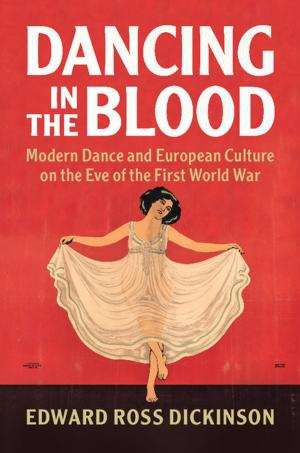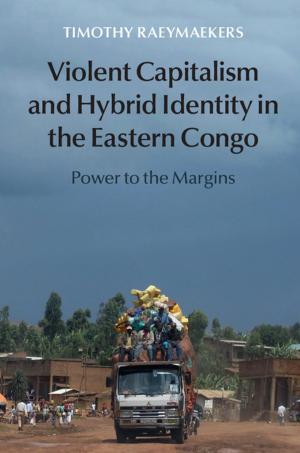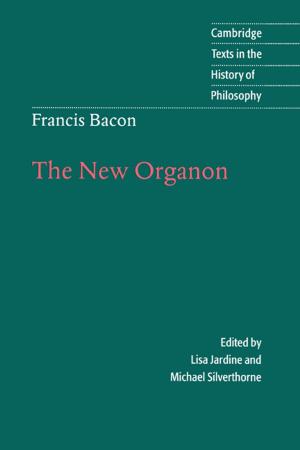Beyond Violence
Jewish Survivors in Poland and Slovakia, 1944–48
Nonfiction, History, European General, Modern, 20th Century| Author: | Anna Cichopek-Gajraj | ISBN: | 9781139985581 |
| Publisher: | Cambridge University Press | Publication: | June 19, 2014 |
| Imprint: | Cambridge University Press | Language: | English |
| Author: | Anna Cichopek-Gajraj |
| ISBN: | 9781139985581 |
| Publisher: | Cambridge University Press |
| Publication: | June 19, 2014 |
| Imprint: | Cambridge University Press |
| Language: | English |
This book tells a story of Polish and Slovak Holocaust survivors returning to homes that no longer existed in the aftermath of the Second World War. It focuses on their daily efforts to rebuild their lives in the radically changed political and social landscape of post-war Eastern Europe. Such an analysis shifts the perspective from post-war violence and emigration to post-war reconstruction. Using a comparative approach, Anna Cichopek-Gajraj discusses survivors' journeys home, their struggles to retain citizenship and repossess property, their coping with antisemitism, and their efforts to return to 'normality'. She emphasizes the everyday communal and personal experiences of survivors in the context of their relationships with non-Jews. In essence, by focusing on the daily efforts of Polish and Slovak Jews to rebuild their lives, the author investigates the limits of belonging in Eastern Europe after the Holocaust.
This book tells a story of Polish and Slovak Holocaust survivors returning to homes that no longer existed in the aftermath of the Second World War. It focuses on their daily efforts to rebuild their lives in the radically changed political and social landscape of post-war Eastern Europe. Such an analysis shifts the perspective from post-war violence and emigration to post-war reconstruction. Using a comparative approach, Anna Cichopek-Gajraj discusses survivors' journeys home, their struggles to retain citizenship and repossess property, their coping with antisemitism, and their efforts to return to 'normality'. She emphasizes the everyday communal and personal experiences of survivors in the context of their relationships with non-Jews. In essence, by focusing on the daily efforts of Polish and Slovak Jews to rebuild their lives, the author investigates the limits of belonging in Eastern Europe after the Holocaust.
